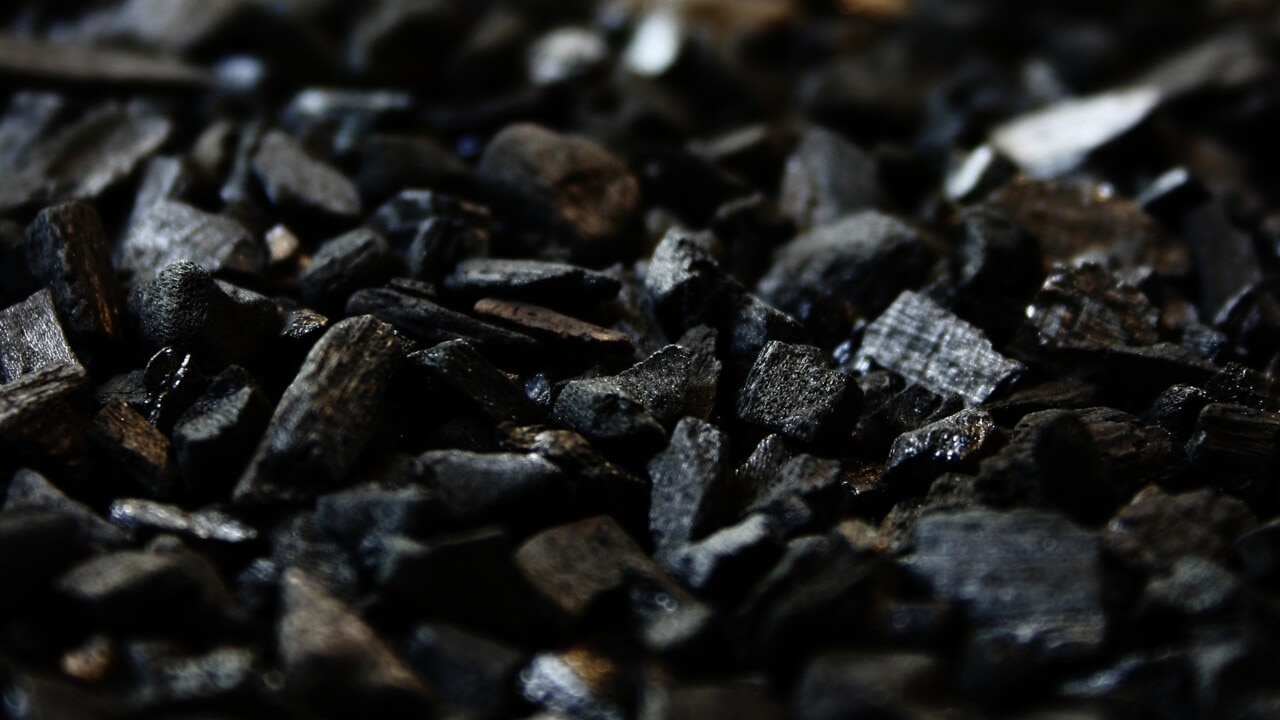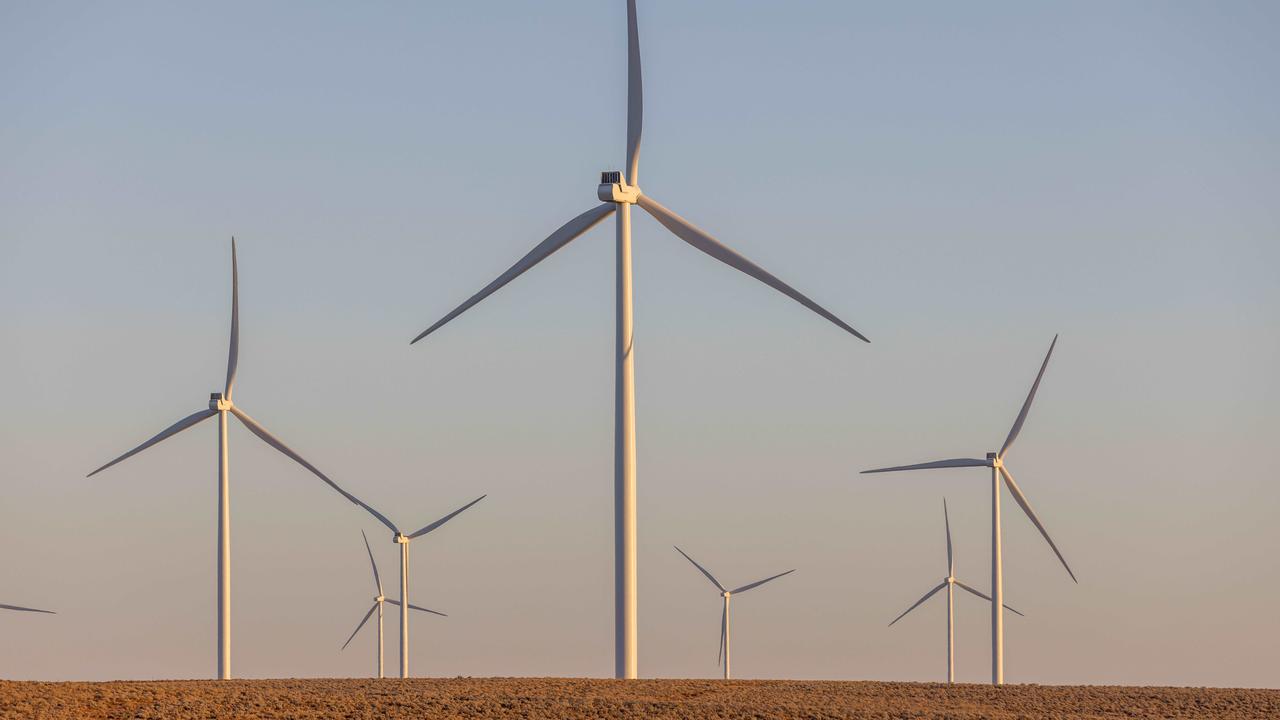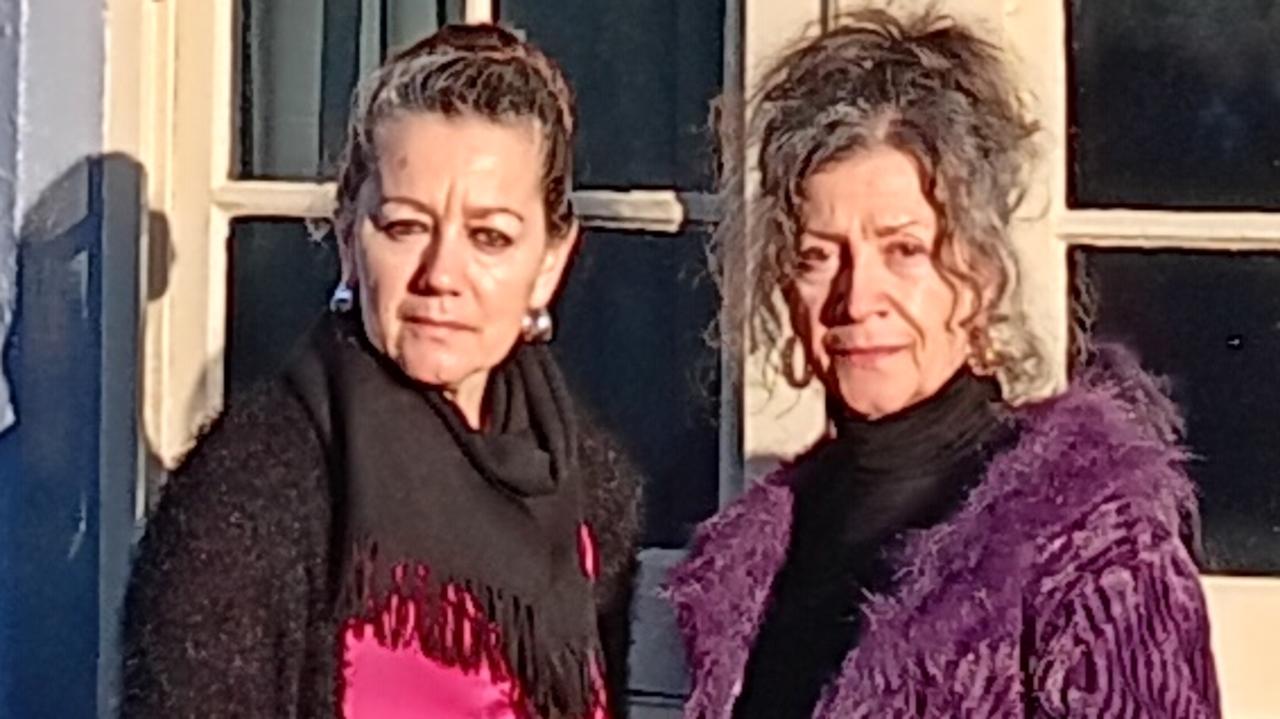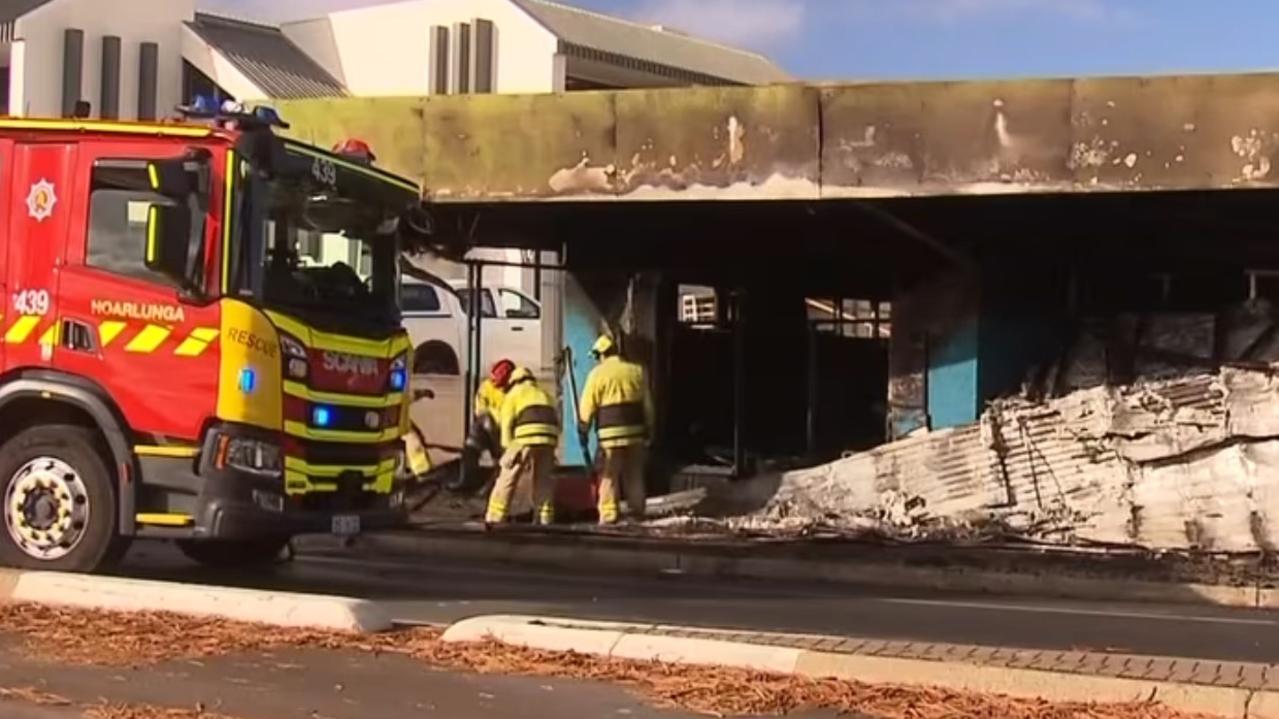Energy Minister Tom Koutsantonis blames carbon tax axing for high energy transition costs
Energy Minister Tom Koutsantonis says people are paying more for the clean energy transition because the carbon tax was scuttled.

SA News
Don't miss out on the headlines from SA News. Followed categories will be added to My News.
The spectre of a carbon tax has been revived by Energy Minister Tom Koutsantonis, who blames its axing for taxpayers paying more for the transition to renewable energy.
Speaking to an Adelaide business lunch on Wednesday, he warned the switch to clean electricity networks would be “a very, very difficult transition because we haven’t chosen the most economically efficient path”.
Blaming the “Canberra bubble and Canberra politics”, Mr Koutsantonis said this had shattered “unanimity of opinion” on a carbon price at the 2007 federal election, when the-then Liberal prime minister John Howard had an emissions trading scheme policy and Labor challenger Kevin Rudd a carbon pollution reduction scheme.
“The easiest and most economically efficient model view is to have a baseline on carbon emissions and have a tax incentive scheme above and below that line. It’s called a carbon price. And we can’t have nice things in Australia, so we can’t have a carbon price,” he told the Committee for Economic Development of Australia lunch.
“So we’ve got this direct action, direct investment, because of the carbon wars, the climate wars we’ve had in Canberra. So now we’re stuck with the taxpayers are funding the transition, and it’s gonna make it more complicated.”

Opposition energy and net zero spokesman Stephen Patterson accused Mr Koutsantonis of admitting that his direct action as Energy Minister had “led to South Australians paying some of the highest power prices in the nation”.
But Mr Koutsantonis sheeted home blame to former prime minister Tony Abbott, arguing he had torched the bipartisan consensus for a carbon price by campaigning against and, as Prime Minister in 2014, axing the “carbon tax” and introducing a “direct action” policy.
“The country had a bipartisan policy to decarbonise. That changed dramatically with the election of a certain opposition leader who then became prime minister. And here we are now, using your treasury and doing this and it’s causing a lot of discomfort on the eastern seaboard,” he said.
“We’re just lucky we’ve gone through that transition a lot faster than everyone else.”

Newly released greenhouse emissions data shows a 57 per cent reduction in SA’s net emissions compared to 2005 levels, meaning SA has surpassed a commitment to reduce net emissions by at least 50 per cent by 2030.
Mr Koutsantonis argued SA was advantaged, because furious eastern state debates had already been thrashed out. These included the merits of decommissioning coal plants while transmission networks, solar panels and wind farms encroached into farms and bush.

Mr Patterson urged Mr Koutsantonis to focus on reducing SA power bills, rather than “spending $600m on an experimental (Whyalla) hydrogen power plant which Labor has admitted won’t lower household and small business electricity bills”.
“For Tom Koutsantonis to try and deflect blame and talk about a carbon tax is offensive to those that are scared to open their power bills each quarter,” he said.
Originally published as Energy Minister Tom Koutsantonis blames carbon tax axing for high energy transition costs









